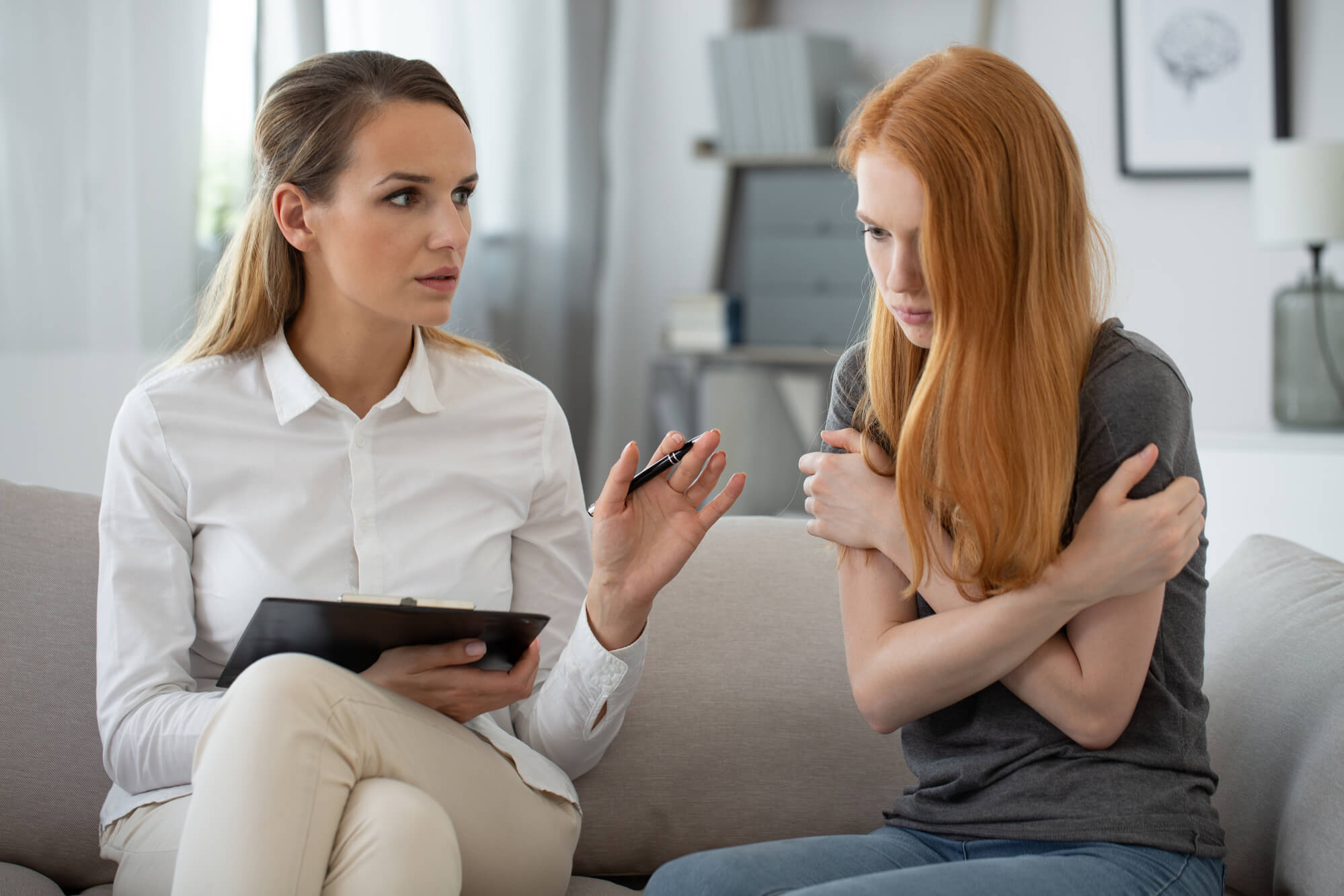MyLife Psychologists provide treatment for anxiety to adolescents from our practice in Alexandria and online via video.
Even in the best of situations, adolescents experience fear and anxiety as they grow and develop. Anxiety is an adaptive response to danger or stress, and this natural response becomes an issue when it manifests unexpectedly and/or takes a particularly strong hold on a person. Teenagers who experience anxiety may also display behaviours such as avoidance of objects or situations that provoke anxiety, procrastination, refusing to go to school, clinging to familiar people, excessively seeking reassurance, difficulty sleeping, temper tantrums/irritability and inability to concentrate.
The good news is these fears and anxieties typically resolve as the young person learn skills to cope with and master the unfamiliar, stressful objects or situations. As parents, you are well-placed to help them learn these important skills.
Ways to Help Adolescents Deal With Anxiety
1. Build Consistency
Provide a safe, secure, warm and familiar home environment. Create a consistent and stable routine to provide structure in daily life. Keep your adolescent informed of anticipated changes with a calendar or a visual schedule of the activities coming up each day.
2. Cultivate Calm
Spend quality, calm and relaxed time with your adolescent. Some examples are playing with a favourite game, reading a book, or listening to calming music. Your teenager may also benefit from learning new relaxation strategies such as belly breathing, mindfulness or progressive muscle relaxation.
3. Encourage Healthy Emotional Processing
Encourage your adolescent to express his or her concerns, worries and fears. If your child struggles with talking, he or she may be able to communicate their concerns through drawing, role play, or use of technology.
When he or she does share, listen, acknowledge and validate their emotional experience (e.g., “So you are feeling scared/anxious because…”, “I can see why you are scared of…”, “It makes sense to me that you are anxious about…”). Refrain from temptations to reassure your adolescent in a manner that is critical (e.g., “You are such a baby”, “Big boys/girls doesn’t get scared”) or dismissive (e.g., “Don’t be silly. There is nothing to worry about”, “You’ll be fine”).
4. Help Your Adolescent Build Confidence
Build your adolescent’s sense of self-efficacy. Prevent avoidance by involving your child in situations where he or she can succeed, and providing opportunities for them to face fears in manageable progressively more difficult steps. Rather than punishing avoidance use positive encouragement and rewards for brave, non-anxious behaviour. This will help your child to enjoy the process more as he or she achieves each step.
5. Recognize the Signs of Anxiety
Recognise the “signature” signs of anxiety in your adolescent, and when appropriate, point these signs out so he or she can start to become more aware of and recognise their emotional state. If possible, help your adolescent to see the links between their thoughts, physical sensations, emotions and behaviour.
6. Support a Healthy Lifestyle
Encourage healthy eating (e.g. reduce caffeinated, high sugar drinks and food), regular exercise, hobbies, sufficient sleep and connection with family and friends. When your adolescent is well-rested and relaxed, he or she will be in a better mental state to handle fears or anxieties.
7. Be a Good Role Model
Learn to manage your own stress and anxiety. By modelling calm acceptance of anxiety, you will be helping your adolescent to learn that anxiety can be managed effectively, which in turn helps to reduce his or her anxiety.
Finding More Help
Around 8-25% of young people experience anxiety more intensely and more frequently than others. If you think that despite your best efforts your adolescent is experiencing excessive anxiety that significantly disrupts his or her daily functioning and overall development, consult your GP to determine whether a referral to a psychologist is warranted, or contact MyLife Psychologists for more information.






